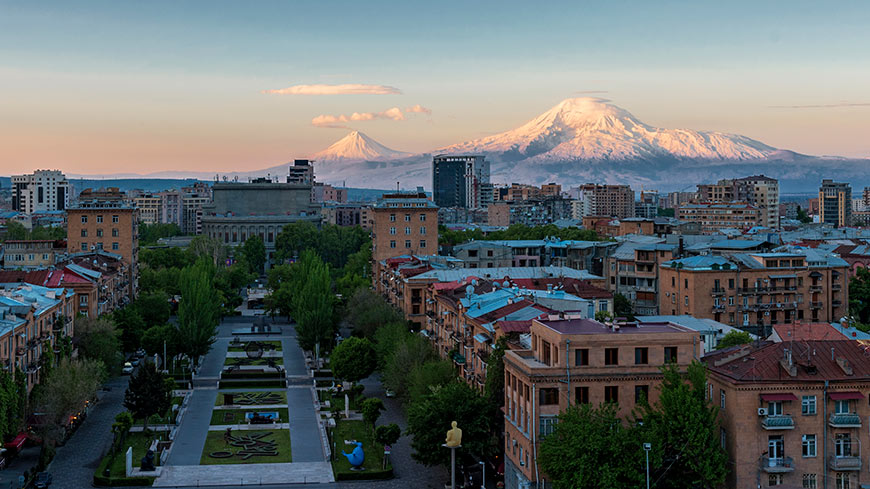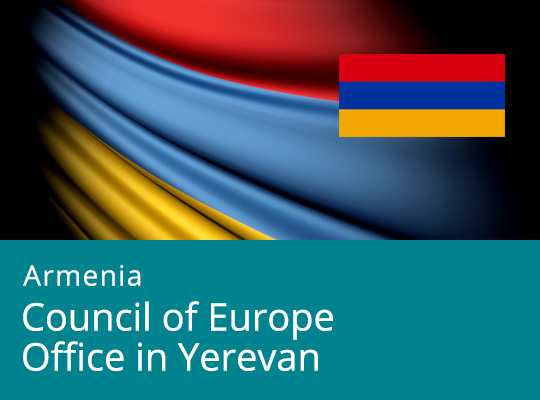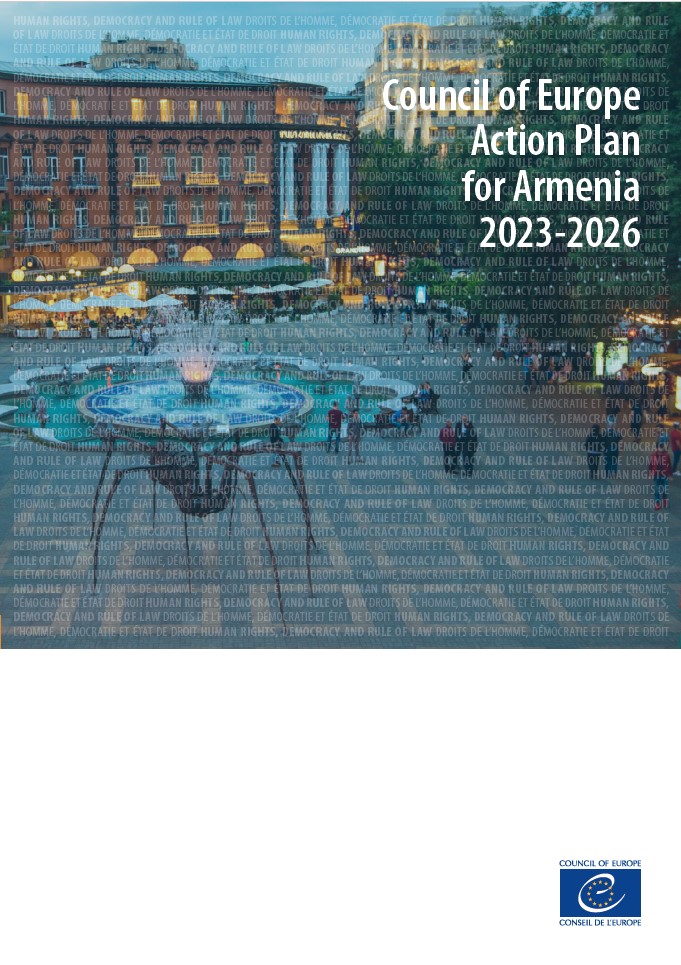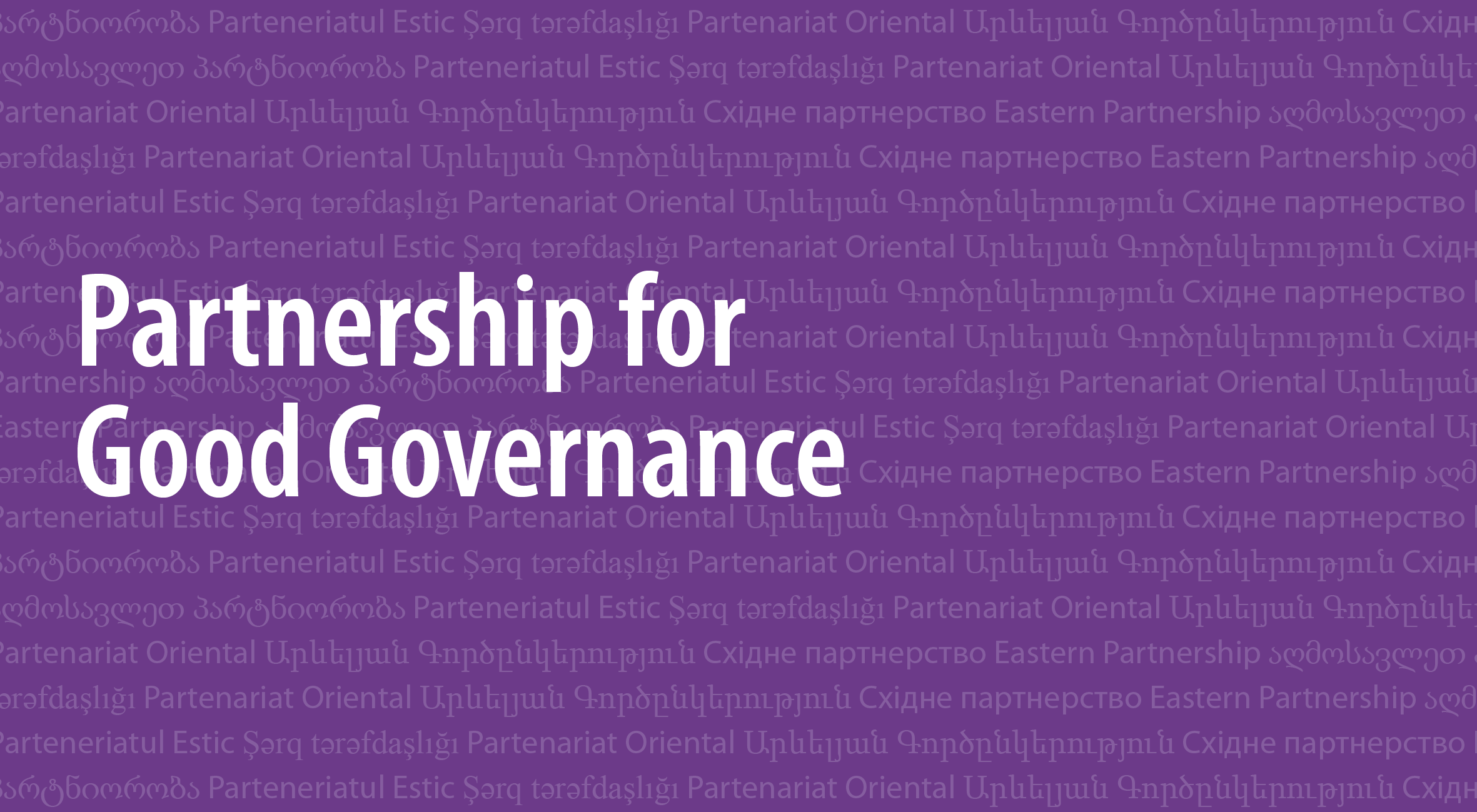In a new report the Council of Europe’s Group of States against Corruption (GRECO) calls on Armenia to pursue its efforts to prevent corruption in respect of persons with top executive functions and the police (see the non-official translation in Armenian).
GRECO notes the positive steps taken following the 2018 “Velvet Revolution” to boost the fight against corruption, including the setting up of a specialised institutional framework. GRECO also acknowledges the comprehensive financial disclosure system in place. An Anti-Corruption Strategy and Action Plan have recently been issued for the period 2023-2026. Although they envisage some promising developments, these plans will need to be effectively implemented.
Armenia needs a stronger system of accountability in government to prevent risks of undue influence, GRECO notes. Several large-scale investigations are on-going to prosecute high-level corruption cases and kleptocratic networks connected to previous regimes, but there have been no convictions to date. Post-employment provisions are weak in scope, as well as in monitoring and enforcement. GRECO also notes that more needs to be done to improve access to information and public participation in decision-making. Furthermore, effective lobbying rules are yet to be adopted.
Regarding the police, GRECO notes that it lacks a well-developed ethics infrastructure: it has neither a dedicated anti-corruption policy/strategy, nor a Code of Conduct of its own, and to date no risk assessment has been carried out. Vetting procedures, upon recruitment and at regular intervals, must be stepped up. Internal oversight would benefit from additional staffing and a proactive, rather than reactive, approach. The representation of women in all ranks in the police should be increased, both at the recruitment stage and in the context of the internal promotions. More could also be done to improve the transparency of police operations, and the relevance and timeliness of information provided to the public. Finally, additional steps appear necessary to build trust in whistleblower reporting and advisory channels, as well as in the available protection measures for whistleblowers.
The authorities are expected to report back to GRECO on the implementation of its 22 recommendations contained in the report by 30 September 2025. GRECO will then assess the country’s level of compliance with these recommendations.







